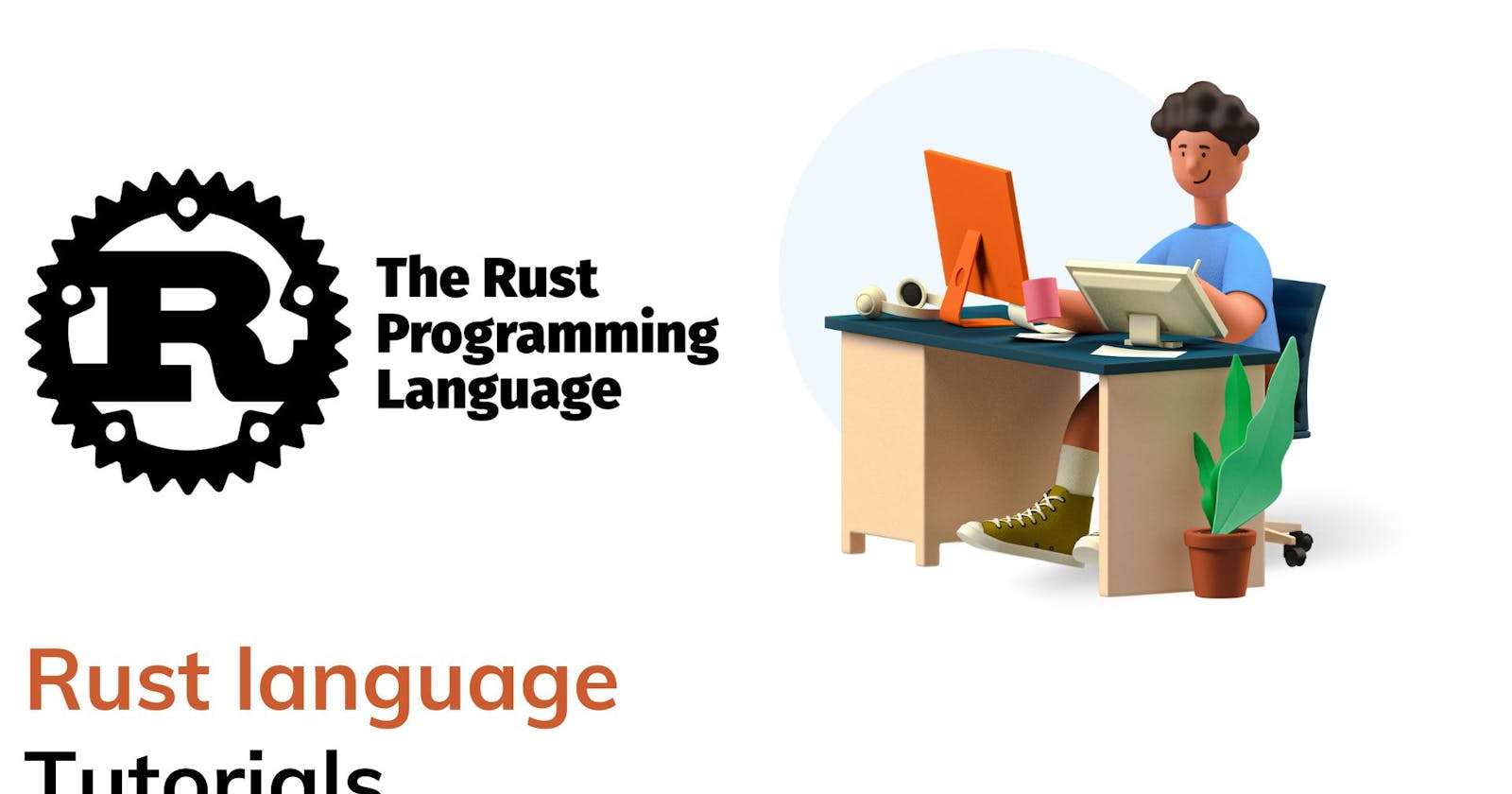Introduction:
Error handling is a critical aspect of any programming language, and Rust provides powerful constructs to handle errors effectively. Two key types used for error handling in Rust are Result and Option. In this article, we will explore these types and understand how they facilitate robust error handling in Rust.
Result Type:
The
Resulttype represents the outcome of an operation that can either succeed (Ok) or fail (Err). It is commonly used for functions that can return a value or an error. TheResulttype is defined asResult<T, E>, whereTrepresents the success value andErepresents the error value.
fn divide(x: f64, y: f64) -> Result<f64, String> {
if y == 0.0 {
return Err("Cannot divide by zero!".to_string());
}
Ok(x / y)
}
fn main() {
let result = divide(10.0, 2.0);
match result {
Ok(value) => println!("Result: {}", value),
Err(error) => println!("Error: {}", error),
}
}
In this example, the divide function returns a Result<f64, String>. If the denominator is zero, it returns an Err variant with an error message. Otherwise, it returns Ok with the result of the division. The match expression is used to handle each possible outcome, printing the result or the error accordingly.
Option Type:
The
Optiontype represents the possibility of having a value (Some) or not having a value (None). It is commonly used for functions that may or may not return a valid value. TheOptiontype is defined asOption<T>, whereTrepresents the optional value.
fn find_element(array: &[i32], target: i32) -> Option<usize> {
for (index, &element) in array.iter().enumerate() {
if element == target {
return Some(index);
}
}
None
}
fn main() {
let numbers = [1, 2, 3, 4, 5];
let result = find_element(&numbers, 3);
match result {
Some(index) => println!("Element found at index: {}", index),
None => println!("Element not found."),
}
}
In this example, the find_element function searches for a target value in an array. If the target is found, it returns Some(index) with the index of the element. Otherwise, it returns None. The match expression handles each possible outcome, printing the index or a message indicating that the element was not found.
Chaining and Combining Results and Options:
Rust provides convenient methods to chain and combine
ResultandOptionvalues, such asmap,and_then, andunwrap_or. These methods allow you to perform operations on the values or handle error cases in a concise and expressive manner.
fn parse_number(text: &str) -> Result<i32, std::num::ParseIntError> {
text.parse::<i32>()
}
fn double_number(text: &str) -> Result<i32, String> {
parse_number(text)
.map(|number| number * 2)
.map_err(|error| format!("Failed to parse number: {}", error))
}
fn main() {
let result = double_number("10");
println!("{:?}", result.unwrap_or(-1));
}
In this example, the parse_number function attempts to parse a string into an i32 value. The double_number function chains the parse_number function and doubles the parsed value if successful. If any error occurs, it maps the error to a custom error message. The unwrap_or method is used to either retrieve the doubled number or provide a default value (-1) in case of an error.
Conclusion:
Understanding error handling in Rust using Result and Option is crucial for writing robust and reliable code. By leveraging the Result type for functions that may produce an error and the Option type for functions that may return an optional value, you can handle various outcomes effectively. Rust's expressive syntax and powerful methods allow for concise error handling, ensuring code reliability and maintainability.
Remember to handle errors explicitly, provide meaningful error messages, and consider the appropriate error-handling strategy based on the requirements of your application. With the knowledge of Result and Option, you can confidently handle errors in Rust projects. Happy coding!
I hope this helps, you!!
More such articles:
https://www.youtube.com/@maheshwarligade
\==========================**=========================
If this article adds any value to you then please clap and comment.
Let’s connect on Stackoverflow, LinkedIn, & Twitter.

